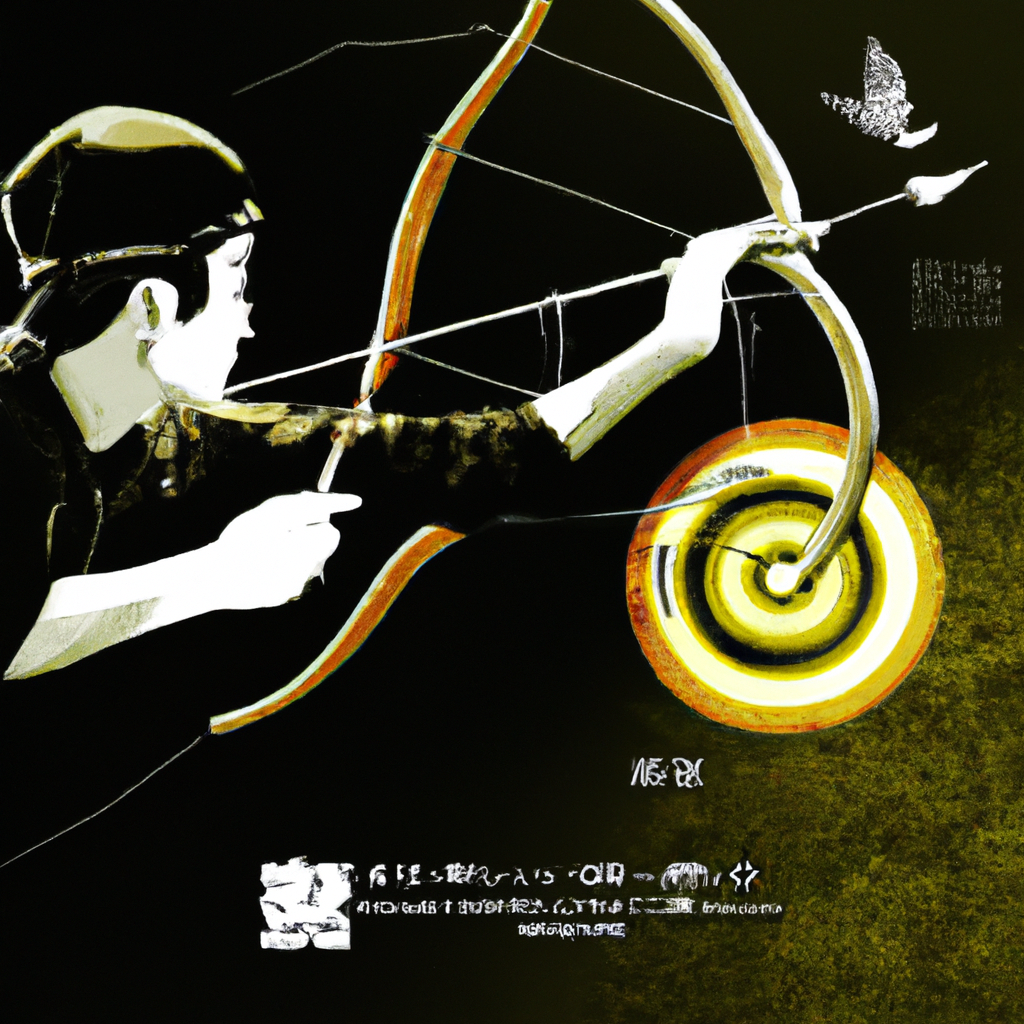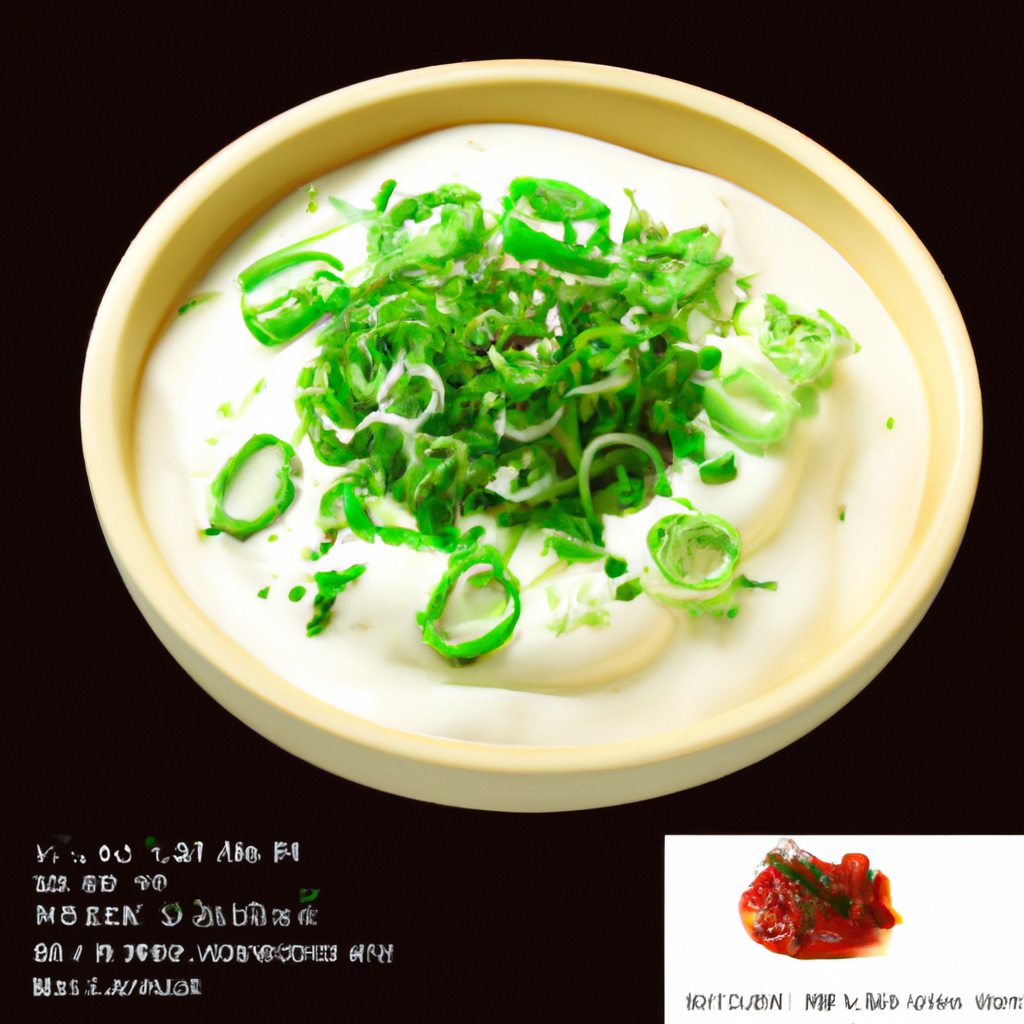South Korea, known for its rich cultural heritage and rapid technological advancements, offers a unique blend of tradition and modernity. One of the rich aspects of Korean life is its vibrant world of literature and books, which continues to evolve and captivate readers both domestically and internationally. Exploring the realm of Korean literature provides insights into the country’s history, philosophy, and the transformations it has undergone over the years.
The Historical Roots of Korean Literature
Korean literature has a long and storied history that mirrors the nation’s evolution through time. From early oral traditions and poetry to contemporary novels and digital literature, Korean literature has continually adapted and evolved. Traditional Korean literature often includes historic works such as “The Tale of Chunhyang” and “The Tale of Hong Gil-dong,” which reflect Confucian values and societal structures.
As Korea moved through significant historical changes, including colonization, war, and rapid modernization, its literature served as both a reflection and a form of resistance. The 20th century marked a period where Korean writers began to gain more international attention, highlighting issues of identity, modernity, and the struggles of a post-war society.
Modern Korean Literature and Global Influence
In recent years, modern Korean literature has gained international acclaim, notably through works by authors like Han Kang and Hwang Sok-yong. The themes in contemporary Korean literature often revolve around existential questions, psychological depth, and human rights issues, resonating with a global audience.
Works such as “The Vegetarian” by Han Kang, which won the Man Booker International Prize, and “Please Look After Mom” by Shin Kyung-sook, have propelled Korean literature onto the world stage. These works not only captivate readers with their prose but also raise universal themes that transcend cultural boundaries.
The Role of Technology in Korean Literature
Technology has played a significant role in transforming Korean literature in the digital age. Webtoons and online novels have become increasingly popular, providing new platforms for storytellers and reaching a vast audience both in Korea and worldwide. These digital formats offer dynamic and interactive storytelling experiences that appeal to younger generations.
The rise of mobile reading applications has also democratized access to literature, allowing readers to immerse themselves in a diverse array of genres anytime and anywhere. This shift not only highlights the adaptability of Korean literature but also encourages the birth of new literary forms and storytelling methods.
Key Korean Literary Works and Their Impact
Several key works have played a crucial role in shaping and defining Korean literature. Below is a table highlighting a few of these influential works along with their main themes and impact:
| Title | Author | Main Theme | Impact |
|---|---|---|---|
| The Tale of Chunhyang | Anonymous | Love and Loyalty | Cultural Legacy |
| The Vegetarian | Han Kang | Isolation and Identity | Global Recognition |
| Please Look After Mom | Shin Kyung-sook | Family and Memory | Best-seller |
| The Good Son | Jeong You-jeong | Psychological Thriller | International Appeal |
The Future of Korean Literature
The future of Korean literature seems promising as it continues to innovate and captivate readers globally. With an increased focus on diverse narratives and a growing interest in global literary exchanges, Korean authors are finding new ways to engage with audiences worldwide.
This expansion is supported by literary festivals, translation grants, and international awards that celebrate Korean talent and foster a greater understanding of Korean culture through literature. As more Korean works are translated into various languages, they continue to influence and enrich the global literary landscape.
FAQ
What are some popular genres in Korean literature?
Popular genres include historical fiction, psychological thrillers, romance, and fantasy. Korean literature is also known for its profound poetry and literary fiction.
How has colonization affected Korean literature?
Colonization introduced new literary forms and influenced writers to highlight themes of oppression and identity. It also prompted a literary movement focused on national independence and cultural resilience.
Is Korean literature accessible to non-Korean speakers?
Yes, many Korean books are translated into various languages. International book prizes and translation programs have made Korean literature more accessible to global audiences.
Summary
- ✅ Korean literature offers insights into rich cultural heritage and national evolution.
- ✅ Modern Korean literature has gained international acclaim, addressing universal themes.
- ✅ Digital platforms like webtoons are transforming storytelling and reaching global audiences.
- ✅ Key works in Korean literature continue to impact cultural and international landscapes.
- ✅ The future of Korean literature is promising with increased global exchanges and translations.
#KoreanLiterature #HanKang #ShinKyungSook #TheVegetarian #Webtoons #DigitalLiterature #KoreanCulture #GlobalLiterature #LiteraryAwards #KoreanAuthors #CulturalHeritage #ModernLiterature #SouthKorea #Translation #AsianLiterature #LiteratureFestival #KoreanProse #HistoricLiterature #KoreanPoetry #Chunhyang #ContemporaryLiterature #KoreanNovels #LiteraryFiction #InnovationinLiterature #YoungWritersKorea #KoreanHistory #Books #KoreanWriting #InternationalAudience

